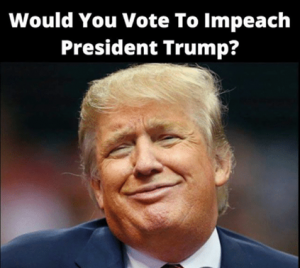A motion of no-confidence, alternatively vote of no confidence is a statement or vote which states that a person(s) in a position of responsibility (government, managerial, etc.) is no longer deemed fit to hold that position, perhaps because they are inadequate in some respect, are failing to carry out obligations, or are making decisions that are otherwise detrimental.
As a parliamentary motion, it demonstrates to the head of state that the elected parliament no longer has confidence in (one or more members of) the appointed government.
In the United Kingdom, 11 prime ministers have been defeated through a no-confidence motion.
In 2011, Canadian Prime Minister Stephen Harper’s government was defeated by a motion of non-confidence declaring the government to be in contempt of Parliament.
In presidential systems, the legislature may pass motions of no confidence. Our Constitution neither permits nor prohibits votes of no confidence, so it exists as an option. Lacking constitutional regulations, a simple majority could allow such an action to occur. The motion would need to incorporate terms and conditions.
We do have a constitutional ability to impeach. However, it’s complicated and requires large majorities to enforce.
“Impeachment” constitutes an accusation by the House of Representatives. The House is obligated to base any charges on the constitutional standards of “Treason, Bribery, or other High Crimes and Misdemeanors”
A separate trial is necessary for removal, which requires a two-thirds super majority to convict the person being impeached. That trial, and their removal from office if convicted, is separate from the act of impeachment itself.
Upon conviction in the Senate, the official is automatically removed from office. The removed official may still be liable to criminal prosecution under a subsequent criminal proceeding.
Robert Reich says that impeachment isn’t an adequate remedy. His presidency should be annulled. Annulment would repeal all of it – recognizing that such appointments, orders, rules, and records were made without constitutional authority https://www.truthdig.com/articles/robert-reich-dont-just-impeach-trump-annul-his-presidency
This would likely require a Constitutional Amendment, which Reich claims is possible.
(With help from Wikipedia)




